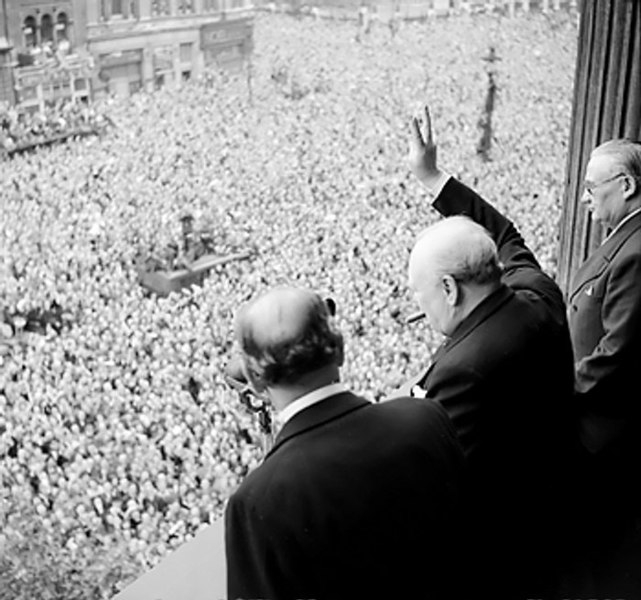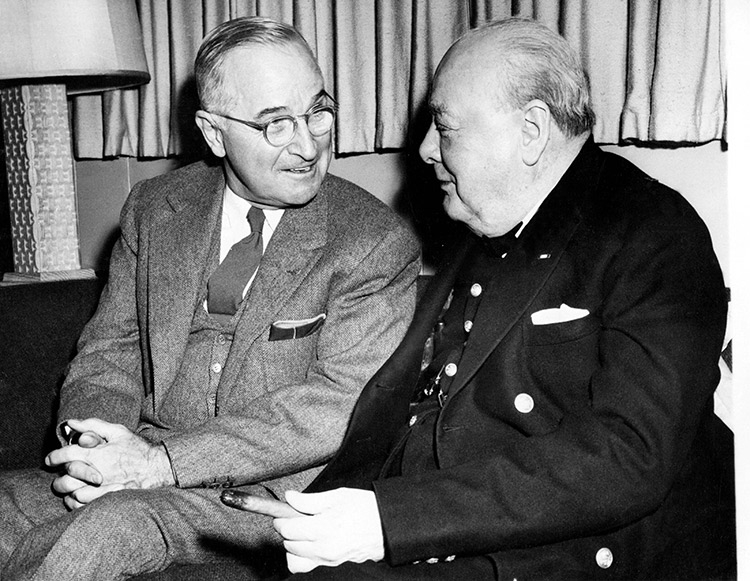Winston Churchill served as prime minister twice
Churchill lost his seat after the 1929 Tory electoral defeat and was out of government for most of the ensuing 11 years, writing and giving speeches primarily. When the Second World War started in 1939, Neville Chamberlain was forced to resign and Churchill was appointed as the prime minister of a coalition government the war. Churchill was already 65 years old when he became prime minister, yet aging and increasingly unwell but this didn't stop him from being determined. Although he wasn't the preferred candidate inside his party, the public was struck by his will and ambition.
Churchill's speech was his greatest asset in the war against Hitler's Germany. It was critical for maintaining morale, fostering unity, and fostering a strong feeling of leadership. He famously said in his inaugural address as prime minister, "I have nothing to contribute but blood, toil, tears, and sweat," on May 13, 1940, as the Germans launched their onslaught. Members of parliament reacted to this with cheers and applause, demonstrating how energizing and uplifting it was. The national wartime alliance came to an end in the months after the triumph. Churchill would eventually wind up holding the role of Leader of the Opposition in the following years, where he continued to have a significant impact on international events, most notably through the delivery of the infamous "Iron Curtain" speech in 1946.
He was back in office as prime minister by 1951, eager to put Britain's position as a global force first and get involved in the effort to unify Europe. He was obliged to deal with a new dynamic as British colonies farther abroad, including Kenya and the subsequent Mau Mau Rebellion, sought empowerment and self-rule. Churchill was leading at a time when the world was changing all around him, and this was becoming more and more obvious. He encouraged "a meeting at the summit" with the new Russian leaders while upholding peace through strength out of concern over the prospect of nuclear war. Ironically, his resignation as prime minister in April 1955 because of poor health, coincided with the first postwar summit meeting. He would continue serving as a member of parliament for a further nine years.














